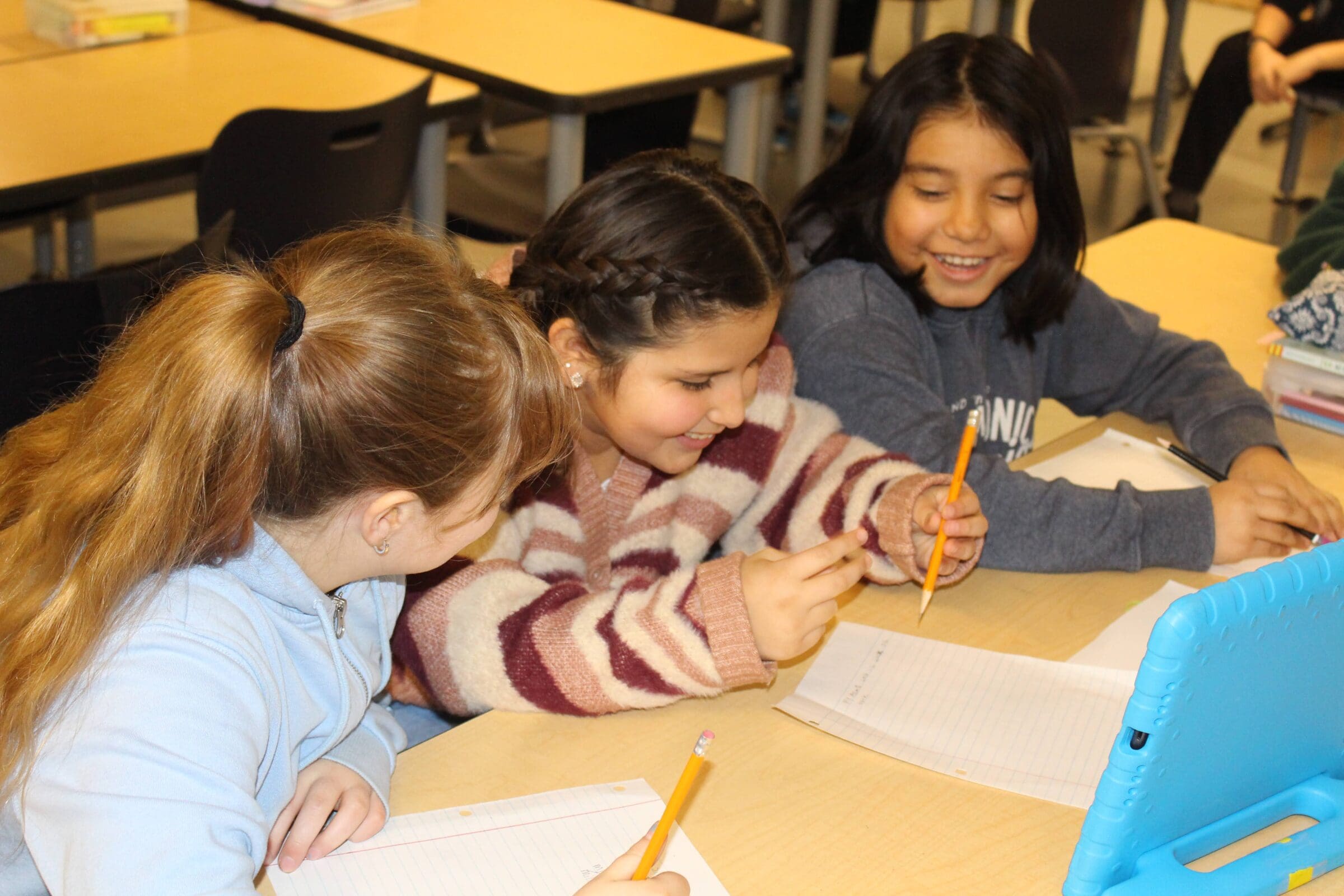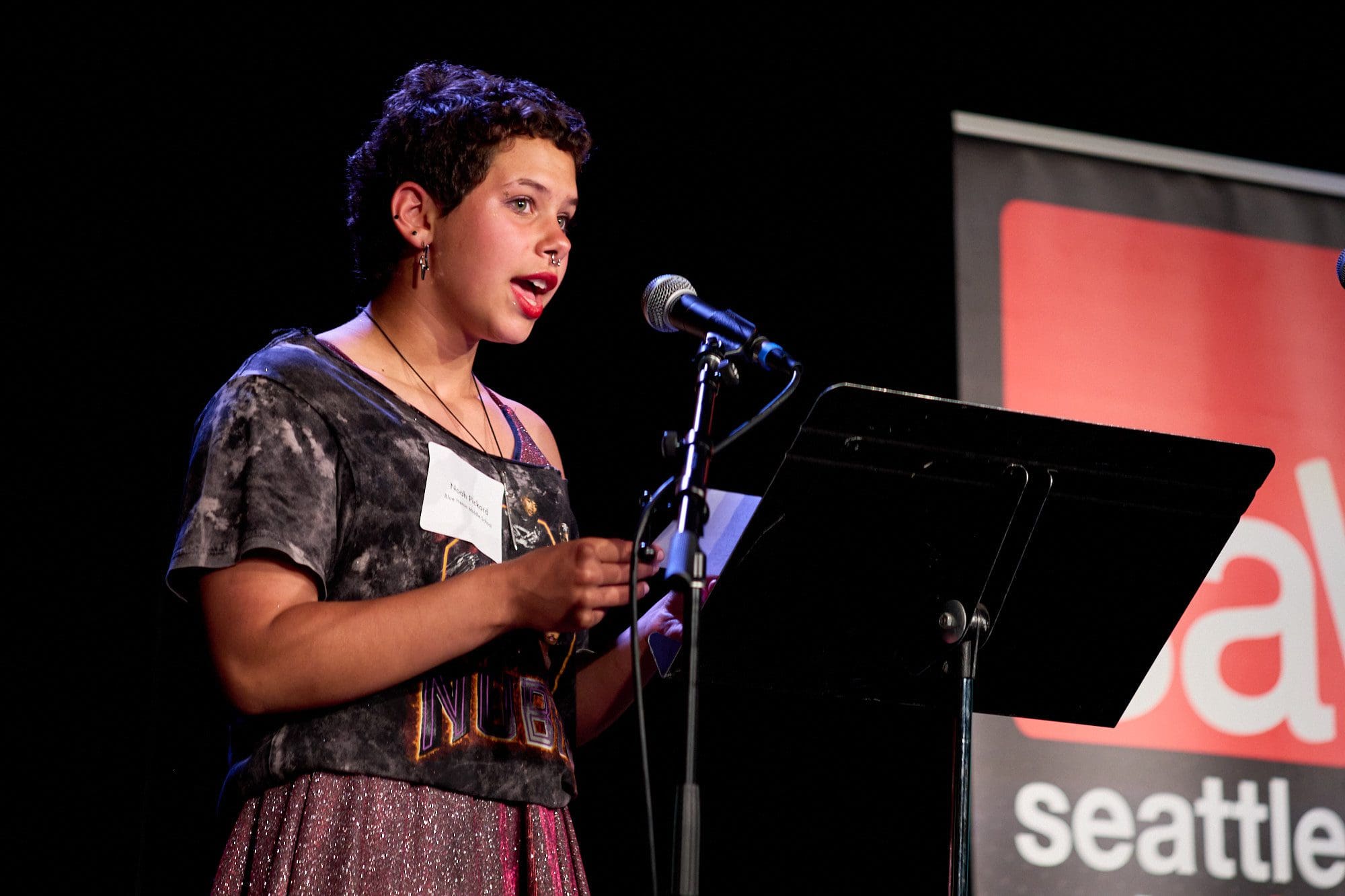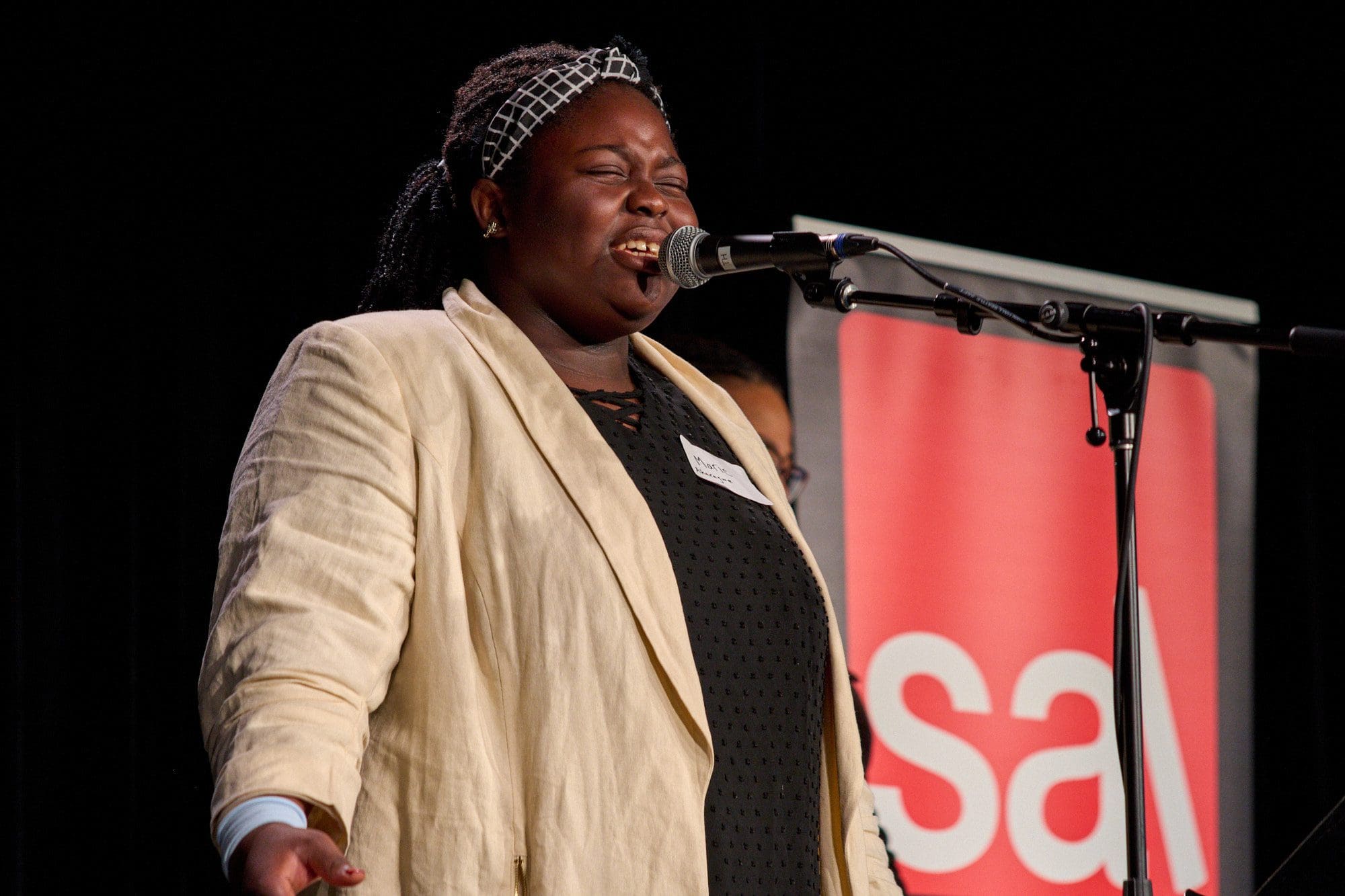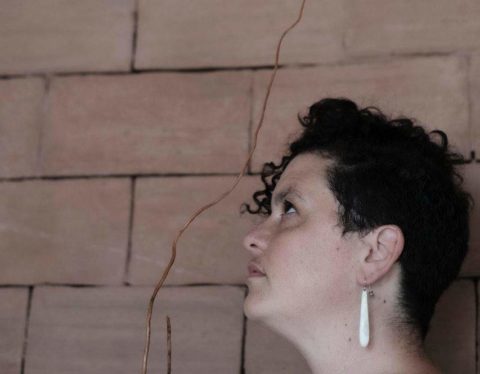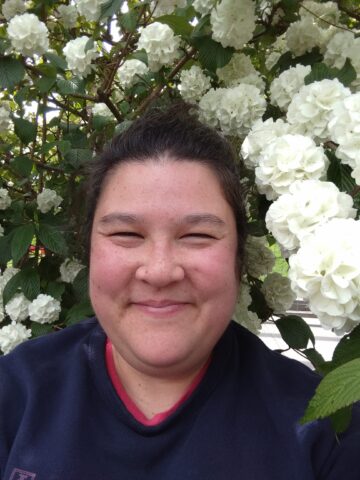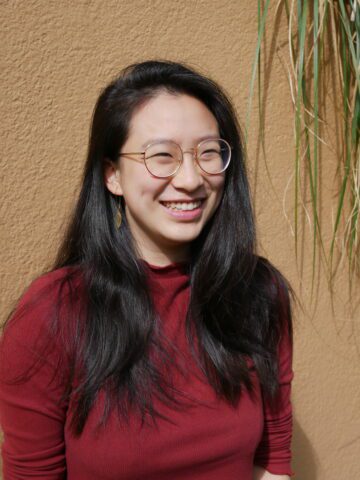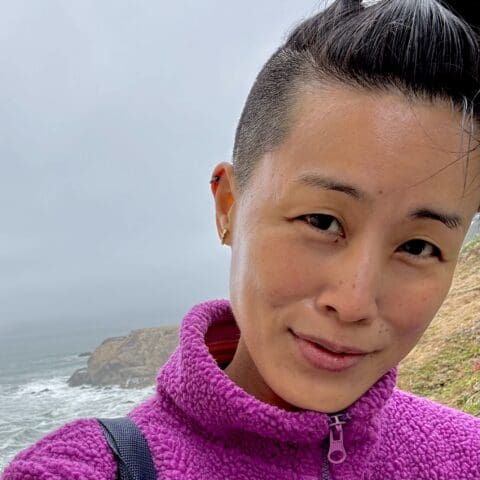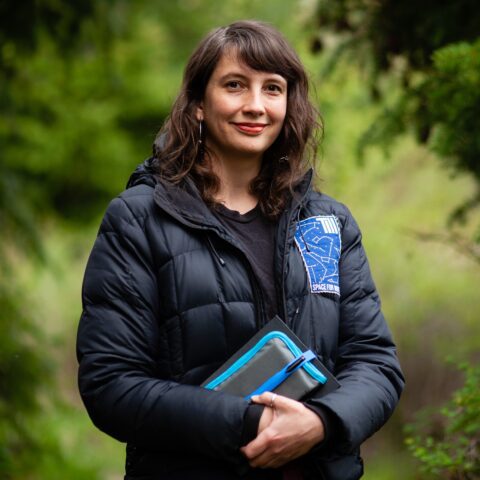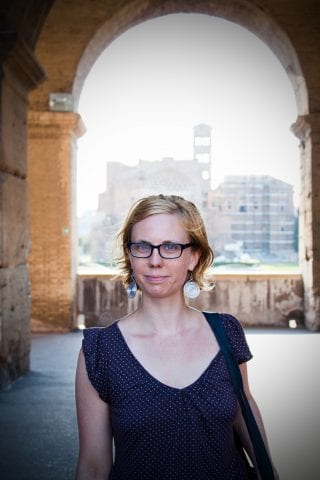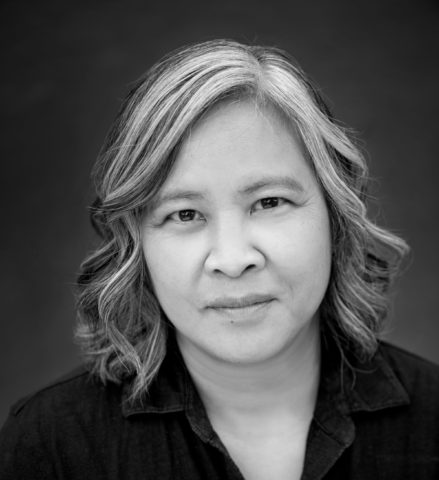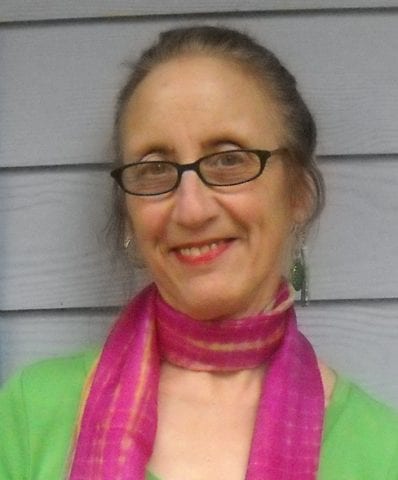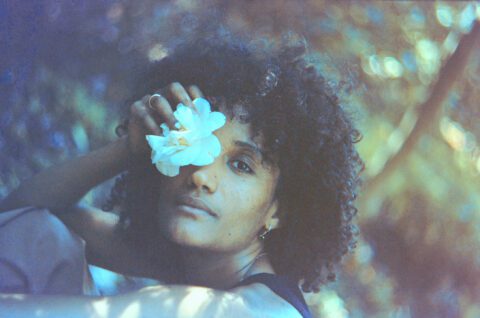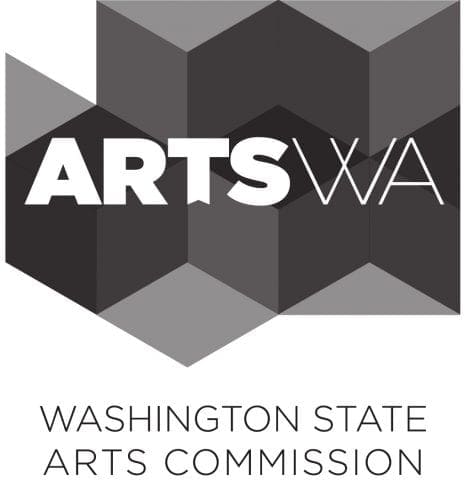For the past 30 years, Writers in the Schools (WITS) has connected professional writers with K-12 public school classrooms throughout the Puget Sound region for extended creative writing residences. WITS Writers in Residence support both students and teachers in building a vibrant literary culture within their classrooms. By weaving residencies into the school day, WITS makes immersive arts engagement opportunities possible for students during their regular school day.
Goals
- Support students in building a practice of self-expression, increasing reading and writing skills, and growing self-confidence
- Energize teachers by offering new, enriching learning experiences
- Provide writers with opportunities to develop pedagogical skills — and teach their craft to the next generation of writers
- Integrate the arts into schools’ academic curriculums
- Bring a race and equity lens to the teaching of creative writing with the goal of cultivating a sense of belonging for all, while centering students most impacted by structural racism
- Bolster a positive learning community that amplifies and celebrates youth voices
How WITS Works
Writers in the Schools works with each school to design a residency that meets that school’s particular learning outcomes, curriculum needs, and schedule. In a typical residency, the WITS Writer-in-Residence teaches three or four classes of students once or twice a week for an entire semester. Providing students with sustained, sequential learning allows them to engage with the full arc of the writing process: brainstorming, pre-writing, drafting, revising, publishing, and performing.
Each WITS Writer-in-Residence designs lesson plans based upon the curriculum, goals, and standards of the classroom teacher. Writers are responsible for preparing and teaching the lessons, commenting on student work, and planning a culminating project such as a reading or publication. Teachers are responsible for assisting the writer with overall planning, providing an understanding of the school’s culture, and managing the classroom. They are also invited and encouraged to participate fully in, and learn from, the lessons.
We are committed to designing our creative teaching within larger learning benchmarks such as the Essential Academic Learning Requirements, Grade Level Expectations, the Writers’ Workshop, and state assessments, such as the Washington Assessment of Student Learning (WASL).
